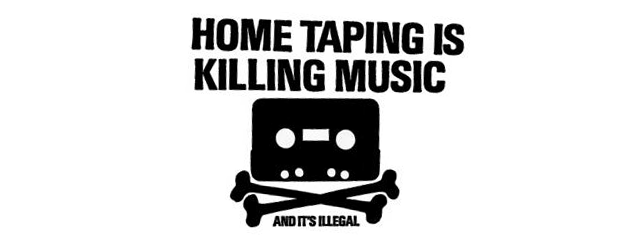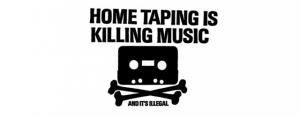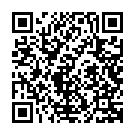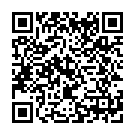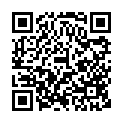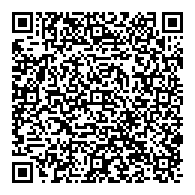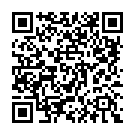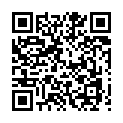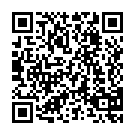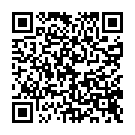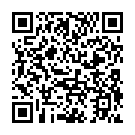Piracy, an issue people tend to shy away from. This is mainly due to people having the preconceived idea that it’s bad and hurts the original creator.Take the music industry for example: In the 1980s, it was known that many people were distributing music via compact cassettes. The music industry got worried that this will stop people from actually buying the LPs and decided to print a message on many releases which included a sketch of the Skull and Cross bones symbol, which the skull has been replaces with a cassette tape and a caption that read:
Home Taping is Killing Music
And it's Illegal
Well, of course, it didn’t kill music, we still have our favourite music. Some believe this could be due to the inferior sound quality most cassettes and cassette deck had in the 1970s and upto about the mid 1980s. The higher quality decks and tapes, combined with Dolby Noise Reduction technologies were about to give a good sound, but most people would still favour a proper copy with album covers.
Fast forward 15 years, to the turn of the millennium, when the “dot com” bubble was at it’s climax, more and more people started using the internet to, illegally, share music and software. (Some people, jokingly, re-wrote the 1980’s anti-piracy propaganda slogan to read: “Peer to peer is killing home taping!”) Whilst using the internet to achieve this wasn’t new, it was the first time these sort of activities were being performed by the average home user. Some saw this to be a bigger issue than home taping whilst others had the opposite view. Music purists (audiophiles), like myself, wasn’t too much of a fan of this piracy as music was usually stored as MP3s, which, if you’ve read my previous posts, is a lossy format and isn’t great for archiving music.
Fast forward again, another 10 years, to June 12th 2010, when the Digital Economy Act 2010 was brought into force. This act highlights Digital piracy, which basically introduces the “3 strikes” system they currently use in France. How this works is that if you are caught downloading illegal music, you will be given a written warning, if they catch you again, they will issue another warning, and finally if you’re caught again, they’ll either cut off your internet connection, or slow it down to about dial-up speed!
The main problem with this is the issue of false positives, as it could be very difficult to prove you’re innocent. It really will be a case of “guilty until proven innocent!”. From the experience of the home taping issue, it didn’t actually kill music, and in many cases, more albums were sold legitimately. Some people think of piracy more of a “try before you by” service, as people want value for money.
Whilst the Digital Economy Act 2010 may have been passed with good intentions, I believe that it will do more harm than good, to a business that’s already dying, not because of people illegitimately sharing their product, but because of lack of care given to the production of music these days! (look out for a post regarding the loudness war coming soon!)
That’s my take on this. I personally don’t pirate music anymore, rather seeking my music on legitimate formats, favouring vinyl for its far superior sound. So this new act doesn’t really bother me, but if you want my honest opinion, I would recommend to stop pirating via P2P (e.g. Limewire, or Bittorrent) as these systems are going to be heavily monitored. Finally, don’t rely on peerguardian. Nothing will stop big brother tracking what you’re doing! I also predict that the number of people using P2P to gain their music will go down, and people will go back to systems that don’t leave as many digital fingerprints (burning CD-Rs for example, thus returning to the days of home dubbing!)
Cheers.

